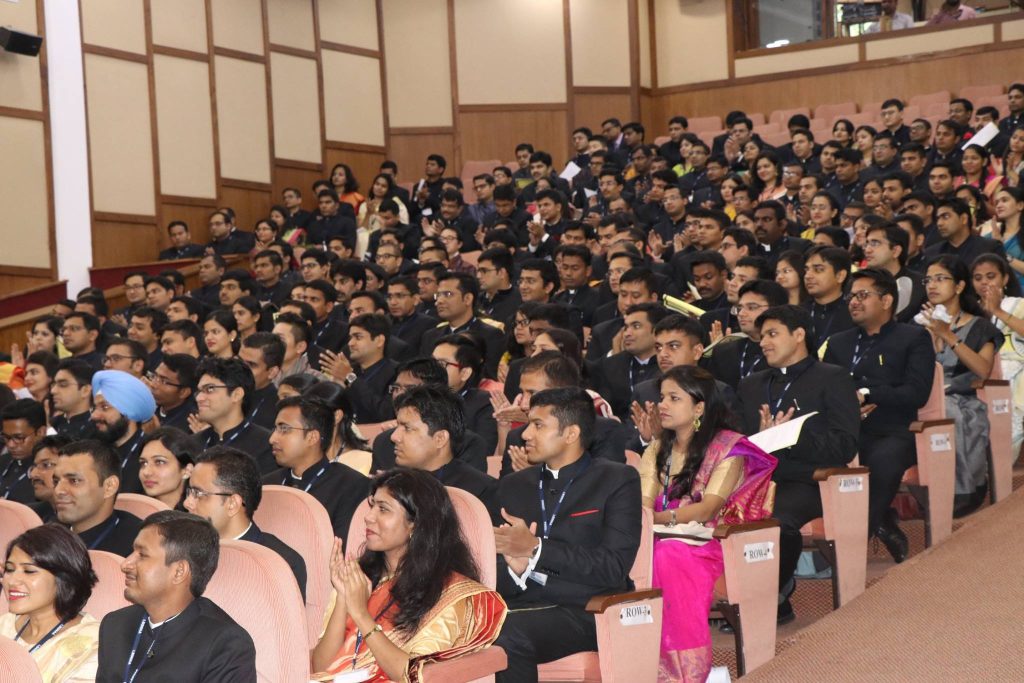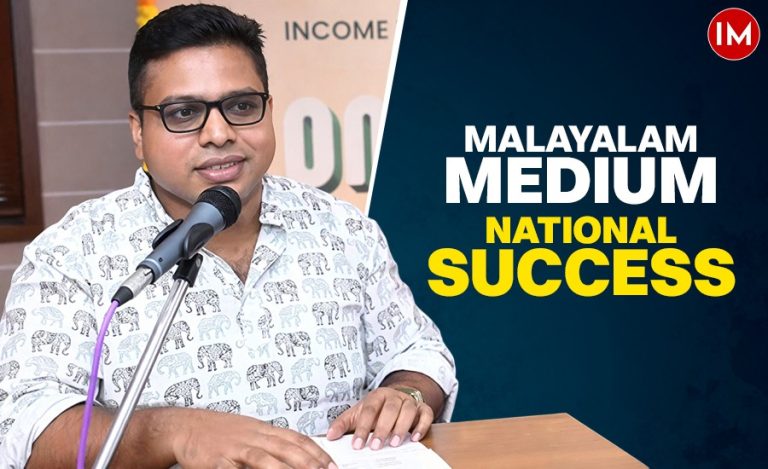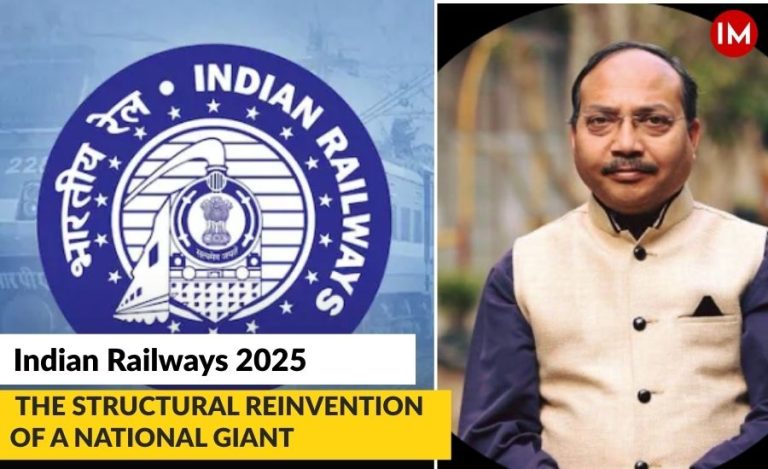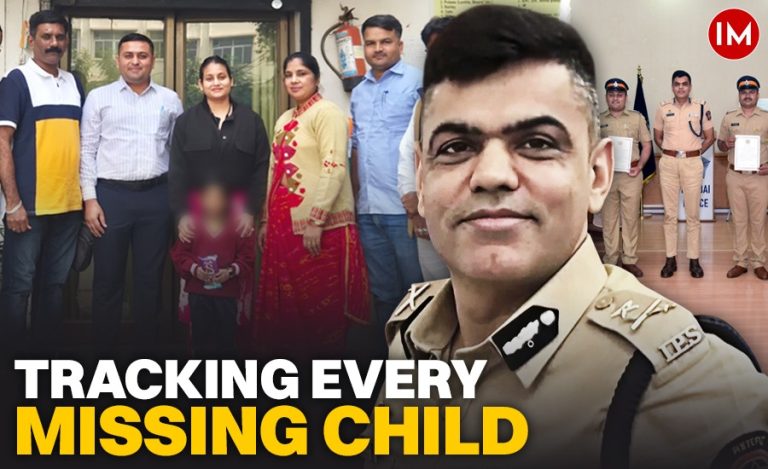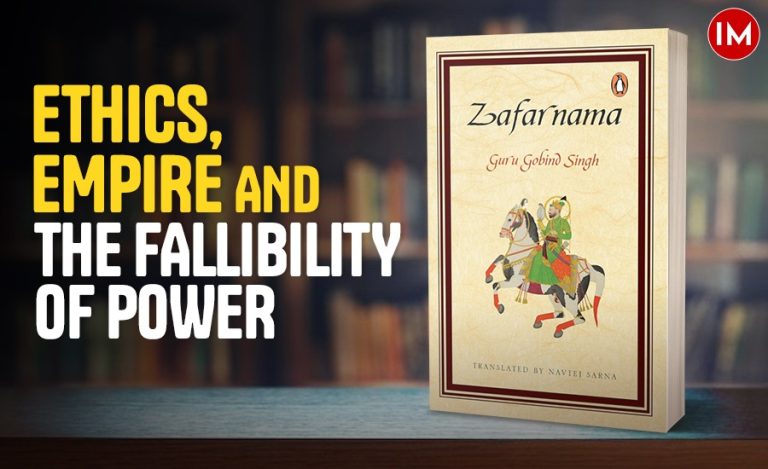With Union Service Public Commission (UPSC) 2019 result being declared this year, many success stories of people belonging to rural areas and various other sectors have emerged. Pradeep Singh, belonging to a farmer’s family in Haryana, has shown excellence by beating all his competitors and securing the first position.
But the emerging trend points to a different picture.
From 2014 onwards- shows the records of Lal Bahadur Shastri National Academy of Administration (LBSNAA)- more than 50 percent of the selected candidates come from families of government services.
Up till last year, candidates who were eligible to serve as Indian Administrative Service (IAS) and Indian Foreign Service (IFS), according to their merit, were to attend the Foundation Course (FC) which is conducted every year by LBSNAA, the premier civil services academy. However, from this year onwards, the government has made it compulsory for every recruit to attend the FC be it IAS, IFS, IPS, or others.
The Stats
As per the data in the official website of LBSNAA, a total of 285 recruits attended the 89th Foundation Course of 2014 batch. Among the batch profile, 171 recruits belonged to the families of government service employees which makes it approximately 60 percent. Rest being from business, farmer, private/corporate, and self-employed background.
However, this profile reflects only the occupation of Officer Trainee’s (OTs) father and does not include their mother’s occupation.
In the 90th FC of 2015 batch, out of the total 350 recruits, 200 OT’s had their fathers working in government service which makes it to 57 percent.
Similarly, in 2016, 208 OTs out of 377 belonged to the families who serve in government services, which is 55.1 percent. In 2017 batch – 57 percent and in 2019 – 50 percent of the OTs’ parents were working in government services.
But there is a fine line here. Only a minor percentage of the official trainees belong to civil servants’ families; the rest are from various other government service sectors.
Ex-Uttarakhand DGP Explains
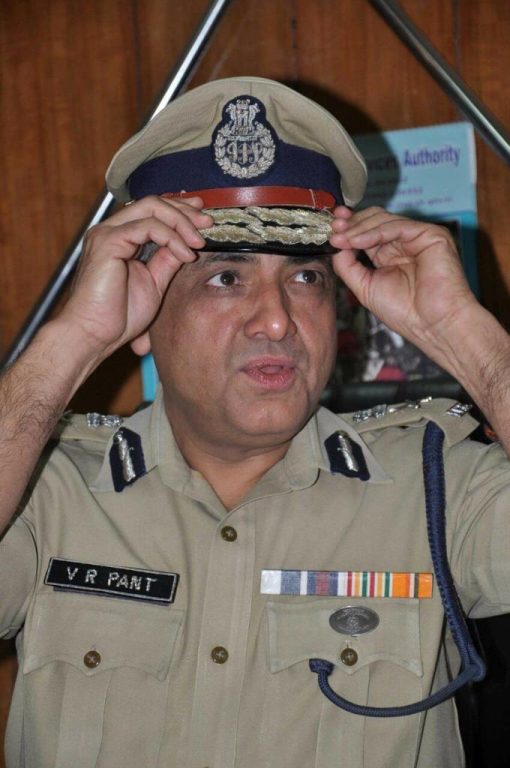
A senior IPS officer of 1978 batch who is also the former DGP of Uttarakhand, Mr. Vijay Raghav Pant, told Indian Masterminds, that “In India, the profession which is practiced by a person’s parents or ancestors is mostly followed by the upcoming generations, be it an engineer, doctor, civil servant, lawyer, etc. However, it is not always the same case as exceptions are always there. Taking an example of myself, both of my daughters have not opted for government services as one is an architect and the other one is a psychologist. Therefore, there is a normal tendency for children to opt for the same profession.”
Clearing Civil Services Exam (CSE), which is among the toughest competitive exams in the country, requires ambition and dedication rather than just being privileged in a government official’s family. However, “there is a slight advantage to the privileged ones.” Mr Pant added.
“The aspirants who grow up in a civil servant’s family are more likely to have access to quality education and a different kind of lifestyle. They also live in a certain atmosphere and create similar psychology as a civil servant while growing up. Moreover, while appearing for the UPSC exam, they have a personal guide who can stand up to the difficulties they are facing,” points out Mr Pant.
Further, he said, “I was grown up in a family in which my father was a bank manager in Nainital and my mother was a homemaker. I did not have any family member who was in government services. I still succeeded in the exam out of my own hard work and dedication. Ultimately the merit counts, as the postings, appointment, and promotions are based on it.”
More Motivation Among Non-Civil Servant Families
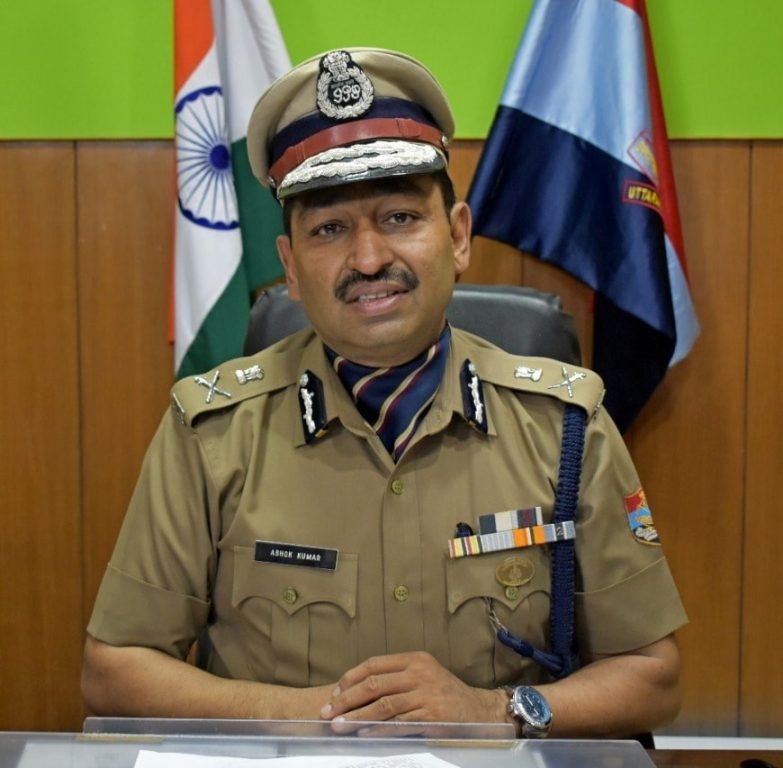
Another senior bureaucrat, Mr. Ashok Kumar who is serving as the DG Law and Order, Uttarakhand while speaking with Indian Masterminds, said that “The parents working in government service, always aspire their children to achieve a higher grade job in the government services and appearing for civil services is their ultimate wish, as it is a leadership position and contains top status in the society.”
“The children of civil servants are a more pampered lot, compared to others. On the other hand, the motivation level among the children of non-civil servants is quite high, but for a different reason. They want to achieve a higher position and station in life than their parents a higher government. Therefore, a very low percentage of official trainees will be belonging from civil servant’s family background,” explained Mr Kumar.
He added, “Gates are open for the rest of the official trainees belonging to families of non-government services employees. As government is the largest producer of employees in the country, therefore, it is pretty normal to have a ratio of 50% official trainees belonging to families of government services. Ultimately the exam is also based on merit, therefore hard work and dedication of the candidate will mostly depend on the outcome of the result.”
So what does it all amounts to ? Just that in the end, the motivational level of an aspirant means a lot. But yes, being born in a government servant’s family also tilts the scale to some extent.

